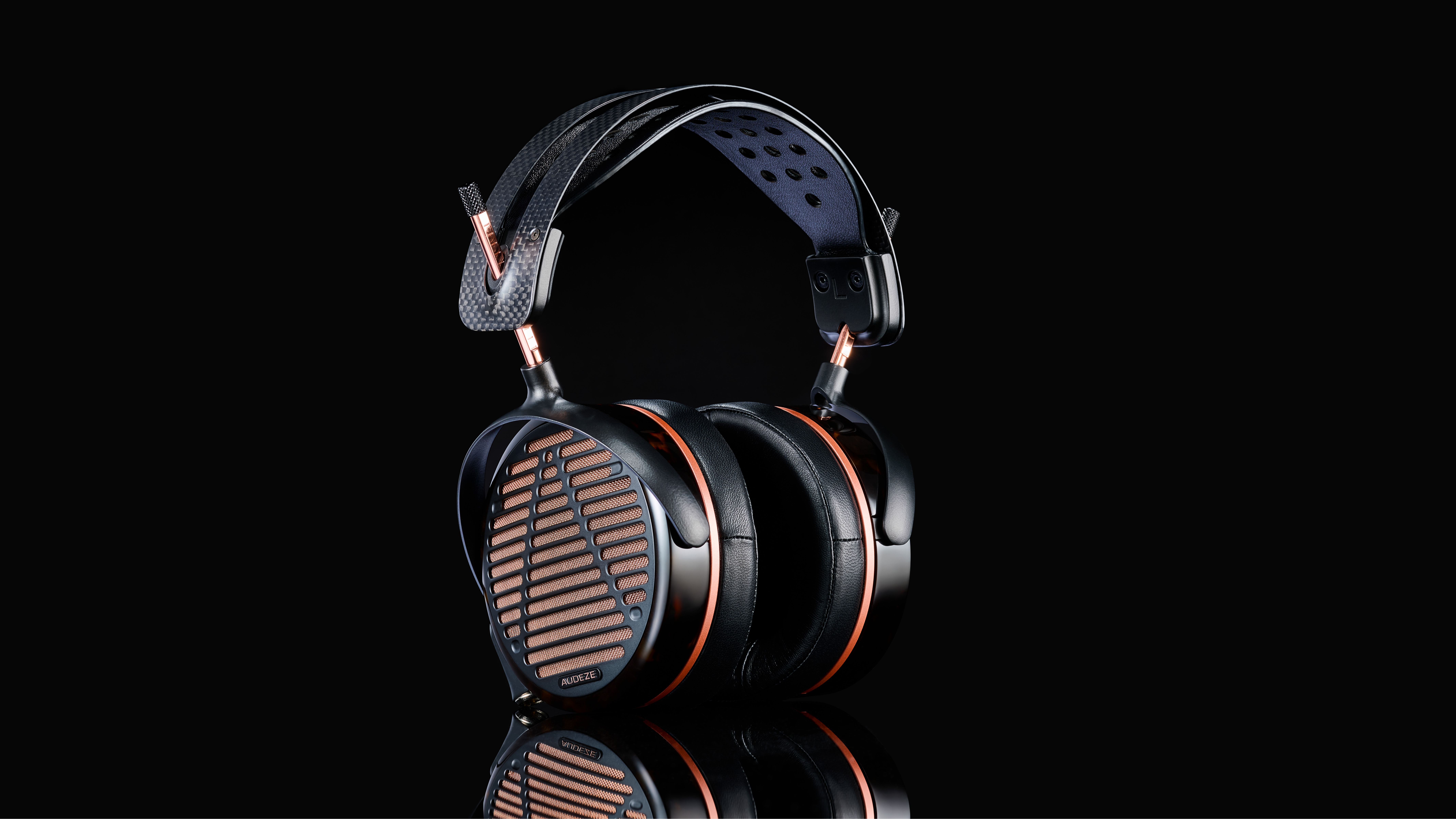Amazon Echo vs Apple HomePod Mini: which is the best smart speaker?
Juggling Amazon and Apple's spherical speakers
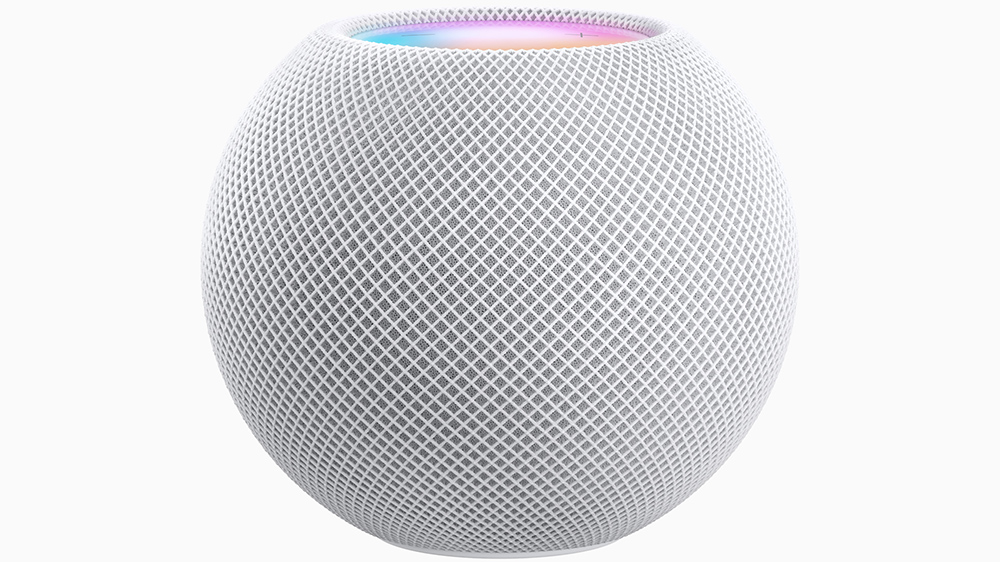
Apple has a new HomePod, Amazon has a new Echo. The new HomePod Mini is a smaller take on the company's original smart speaker – a shrunken HomePod, if you will – but with lots more to celebrate. Amazon, meanwhile, threw away the old and started afresh when creating its latest 4th-gen Amazon Echo. It is spherical rather than cylindrical, there's an extra driver and you'll also get the Zigbee smart hub inbuilt – previously a feature exclusive to the Echo Plus.
So what's new, what's good, what's bad and crucially, which model offers the better value? Having recently tested both models, we'll run through every detail, so you can see how these two speaking sonic balls compare. Let's get juggling...
Amazon Echo vs Apple HomePod Mini: price
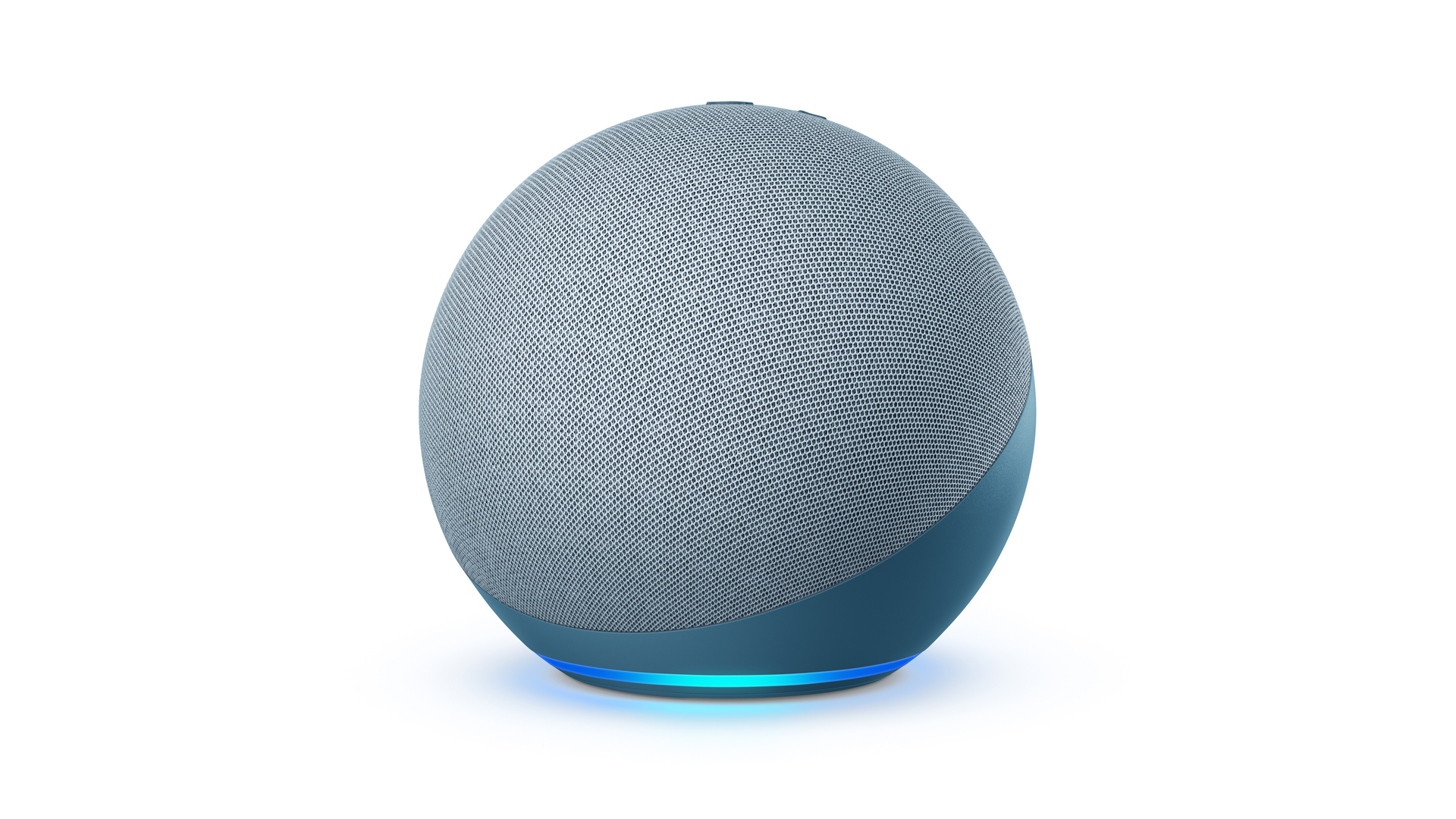
The Apple HomePod Mini is a resoundingly different proposition to the original £270 ($300, AU$469) HomePod, in that it is priced very competitively indeed. When it launched on 16th November, the HomePod Mini cost just £99 ($99, AU$149) – that's a lot more in line with the Amazon Echos and Google Homes of the world.
The 2020 Amazon Echo 4th-gen launched on 22nd October for £90 ($100, AU$149) so there's very little between the two price-wise – particularly if you live in the US or Australia.
It's worth noting that while the Mini's rivals – Amazon Echo included – will likely see sporadic discounts in line with Amazon's regular sales events and even be bundled free with other products (such as Philips Hue lightbulbs), don't expect the same of the HomePod Mini. Apple kit rarely gets discounted by much. It'll almost certainly be some time before you'll see a deal on the Mini, while we emphatically anticipate a brief discount on the new Echo during Black Friday.
You can see today's lowest price on both the Amazon Echo 4th Generation and Apple HomePod Mini below.
**Winner** Amazon Echo
The latest hi-fi, home cinema and tech news, reviews, buying advice and deals, direct to your inbox.
Amazon Echo vs Apple HomePod Mini: design
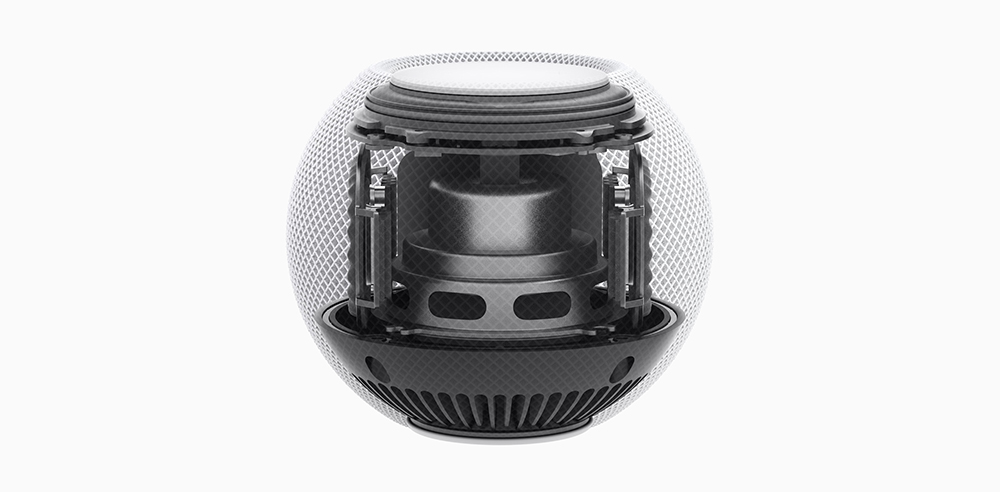
Standing just under 8.5cm tall and 9.8cm wide, HomePod Mini is less than half the height of the standard HomePod. It's bigger than a tennis ball, but not as big as the mug-sized Ultimate Ears Wonderboom 2.
In truth, it feels a lot like the original HomePod, but it's smaller, stumpier and has become a ball with the top and bottom sections chopped off. This means it vaguely resembles the Amazon Echo (4th Gen), but the Echo has been lopped off at the bottom only (so it doesn't roll around) and it doesn't have a flat, illuminating top plate like the Mini.
The Echo is bigger: 13cm tall and 14cm wide, which is about the height and width of a CD (imagine spinning one like the totem spinner in Inception to get the idea). Its globular shape makes it look nothing like a traditional smart speaker and more like an up-market Magic-8 Ball. Both products share a similar mesh cover, but Apple's 'floating ball of light' animation when Siri is summoned beats Amazon's pulsating blue LED ring (now located around its base) hands down. Visually, Apple's HomePod Mini is a triumph here.
The Echo offers more speakers for the money though; you get three drivers instead of one, namely a 76mm woofer plus dual 20mm front-firing tweeters. Within the HomePod Mini’s spherical frame is a single, Apple-designed full-range driver that fires sound downwards and out of the 360-degree waveguide around the bottom. This single driver is held by a suspension system to reduce distortion, and it’s flanked by two passive radiators designed to help create a bigger, weightier sound.
On the top arc of the Echo you'll find physical volume, play/pause and mic-mute buttons, and although there are no physical buttons on the HomePod Mini, a tap of the centre of the top panel will pause or resume your music, a double-tap skips forward and a triple-tap skips back. A long press, meanwhile, sets Siri to listening mode. When illuminated, there are also small volume plus and minus symbols on the Mini's top plate that, when touched, raise or lower the volume – again, the design here feels superior to that of the Echo.
**Winner** Apple HomePod Mini
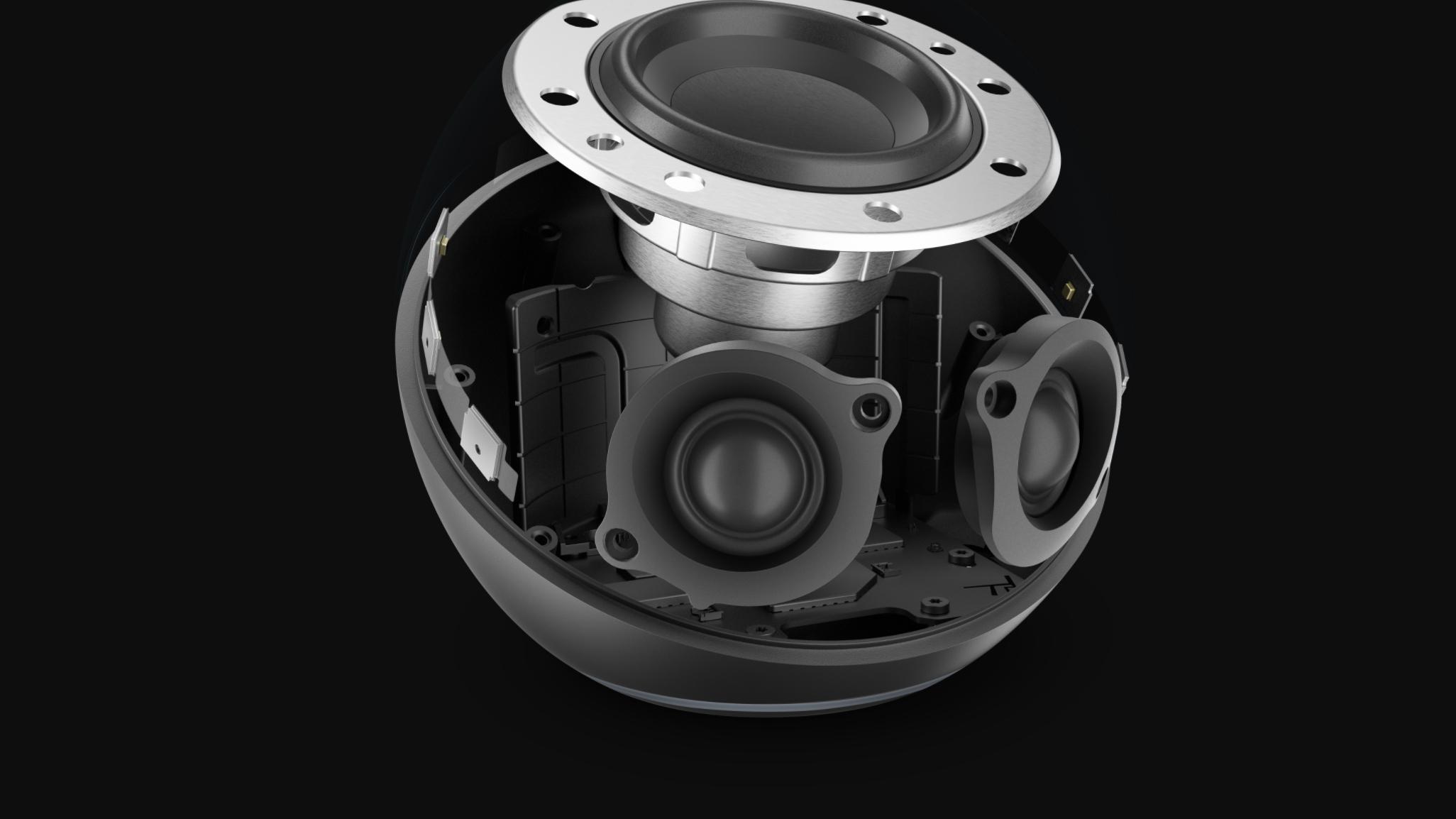
Amazon Echo vs Apple HomePod Mini: features
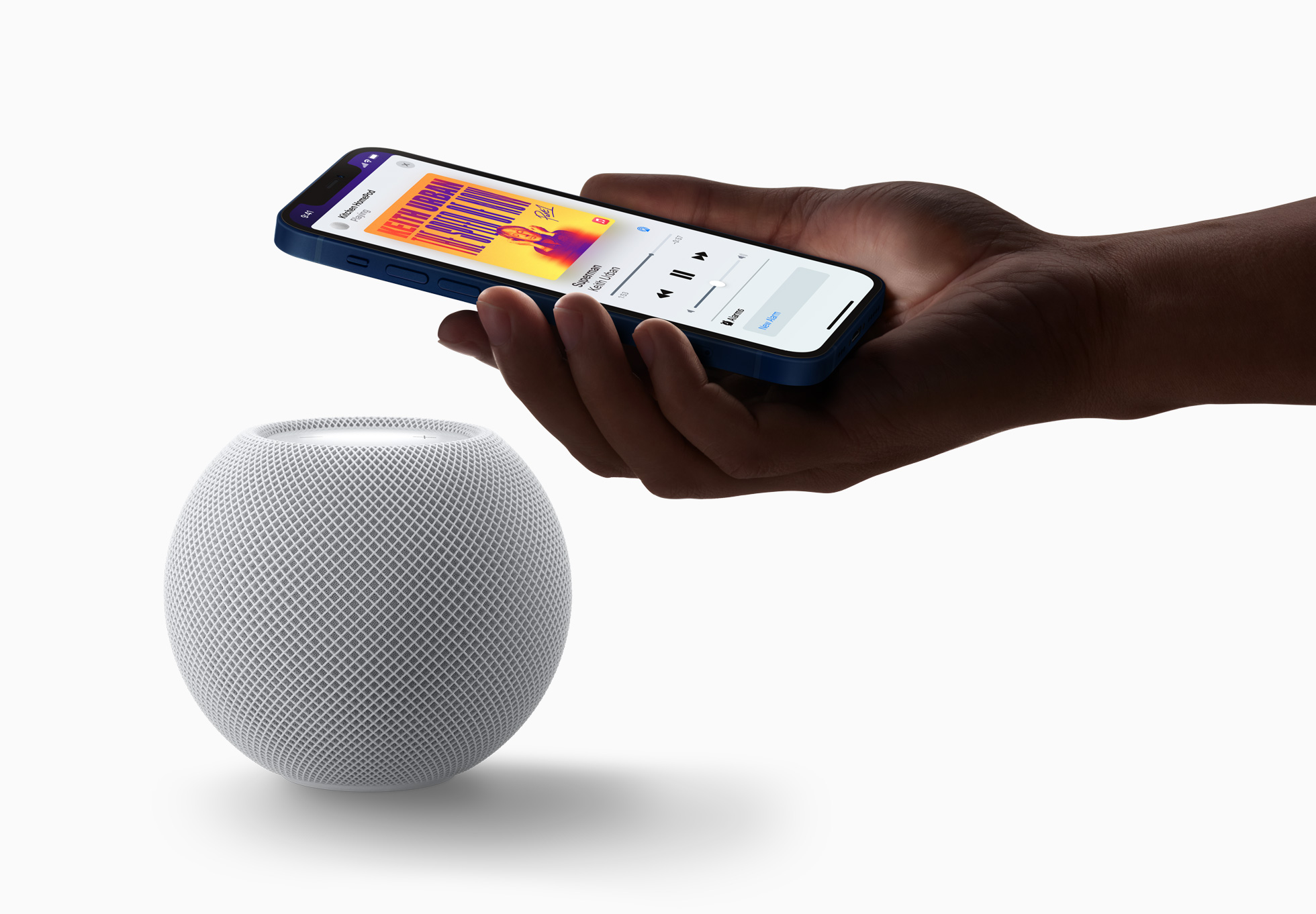
So what can the HomePod Mini do? Quite a lot, actually – although, naturally, it's built with iPhone, Apple Music and HomeKit in mind. The limited quick-start guide simply tells buyers to bring their iPhone or iPad with the latest software close to the HomePod Mini and complete the onscreen setup. Yes, it's a somewhat walled garden (you must use an iOS device running the latest software to set it up), unlike the device-agnostic Amazon Echo.
Siri integration and functionality on the Mini feels seamless and works remarkably well, but remember it's a device squarely aimed at those already embedded in the Apple ecosystem. Where the HomePod Mini does fall back a little is in its support for third-party services. Things have certainly opened up somewhat since the original HomePod was launched – most notably in the addition of radio stations via TuneIn – but there’s still a long way to go. Spotify integration is top of the wishlist, and we’d also like to see Tidal and Deezer there. BBC Sounds is a must for the UK, too, as you can’t currently access BBC radio stations using Siri commands.
Apple is going in the right direction at least; Pandora and Amazon Music will be added shortly, plus it's possible to play non-Apple Music audio (such as Tidal and Spotify files) on the HomePod Mini using AirPlay 2.
The Amazon Echo is easy to set up if you own an Android smartphone or an iPhone. Of course, your preference between Siri or Amazon Alexa will come down to compatibility with other products in your home, but the Alexa app is intuitive and well-designed to organise the kit you own. The Echo does offer a slightly more impressive range of third-party services. Once you’ve linked your streaming service accounts, it'll play music from Apple Music, Spotify or Deezer over wi-fi (to do this on the HomePod Mini you'd need to use AirPlay 2, which works much like Bluetooth and so does present implications for sound quality and battery life). Even if you don’t link any music-provider subscriptions, the Echo will play from Amazon Music by default.
In terms of multi-room setups, multiple HomePod Minis can work together to create a multi-room system, or two in the same room can provide stereo sound. And the same is true regarding Amazon Echos, although Siri pips Alexa in use. Remarkably, Siri always seems to know which device is being addressed, sensing when an instruction is to the HomePod Mini on the other side of the room even when an iPhone is lying much closer. With Alexa, we find that questions directed at an Echo speaker just a couple of feet away are occasionally answered by a different speaker in another room, despite careful set up and assigning a favoured speaker.
So what about the smarts under the hood? Amazon Echo includes Amazon’s AZ1 Neural Edge processor, an all-new silicon module purpose-built for accelerating machine learning applications. With AZ1, powerful inference engines can run ‘on the edge’ (ie. on the device), starting with an all-neural speech recognition model that should process requests faster and make Alexa even more responsive, ‘learning’ and understanding more about you over time.
The brain of the HomePod Mini meanwhile is Apple’s own S5 chip, also found in the Apple Watch Series 5 and Apple Watch SE. In the HomePod Mini, it enables computational audio. Apple claims it analyses and optimises the performance over 180 times per second, based on the position of the speaker and what’s being played.
Naturally, the Apple speaker also uses its power for a variety of Siri-powered smart functions, from controlling any HomeKit-compatible devices in your house, to setting timers and alarms, creating reminders and shopping lists, and sending messages and making phone calls. It can also now make announcements to one or all other HomePods in the house using the new Intercom feature. And that’s just the tip of the iceberg.
Amazon's Echo offers similar functions: you can make Alexa announce that ‘Dinner’s ready’ to every speaker in your home, use its Zigbee smart hub to dim the lights, or send music to a particular room as a not-so-subtle message – Bruno Mars’ Lazy Song to a room containing a housemate who’s yet to emerge, perhaps. The ‘Devices’ tab followed by the ‘Plus’ icon sets up most of these scenarios, and, while we found Alexa most attentive during testing, if you prefer to click rather than vocalise your tune requests, simply tap the in-app ‘play’ icon and use your phone to load up music. Amazon's Alexa app is well-designed and intuitive.
In direct comparison, we can’t help but feel that Apple could do with a dedicated HomePod app that integrates all available services and makes all content searchable and then combinable in queues, much in the way that Sonos has. Right now, control of the HomePod and HomePod Mini is built into the Home app, but you’ll find only rudimentary controls for music (play, pause, volume etc.) alongside a handful of settings.
Ultimately, while the HomePod Mini has the upper hand in terms of its Siri-based music discovery, the broader compatibility of the Echo in terms of music services and smart home devices gives it the win here.
**Winner** Amazon Echo
Amazon Echo vs Apple HomePod Mini: sound quality
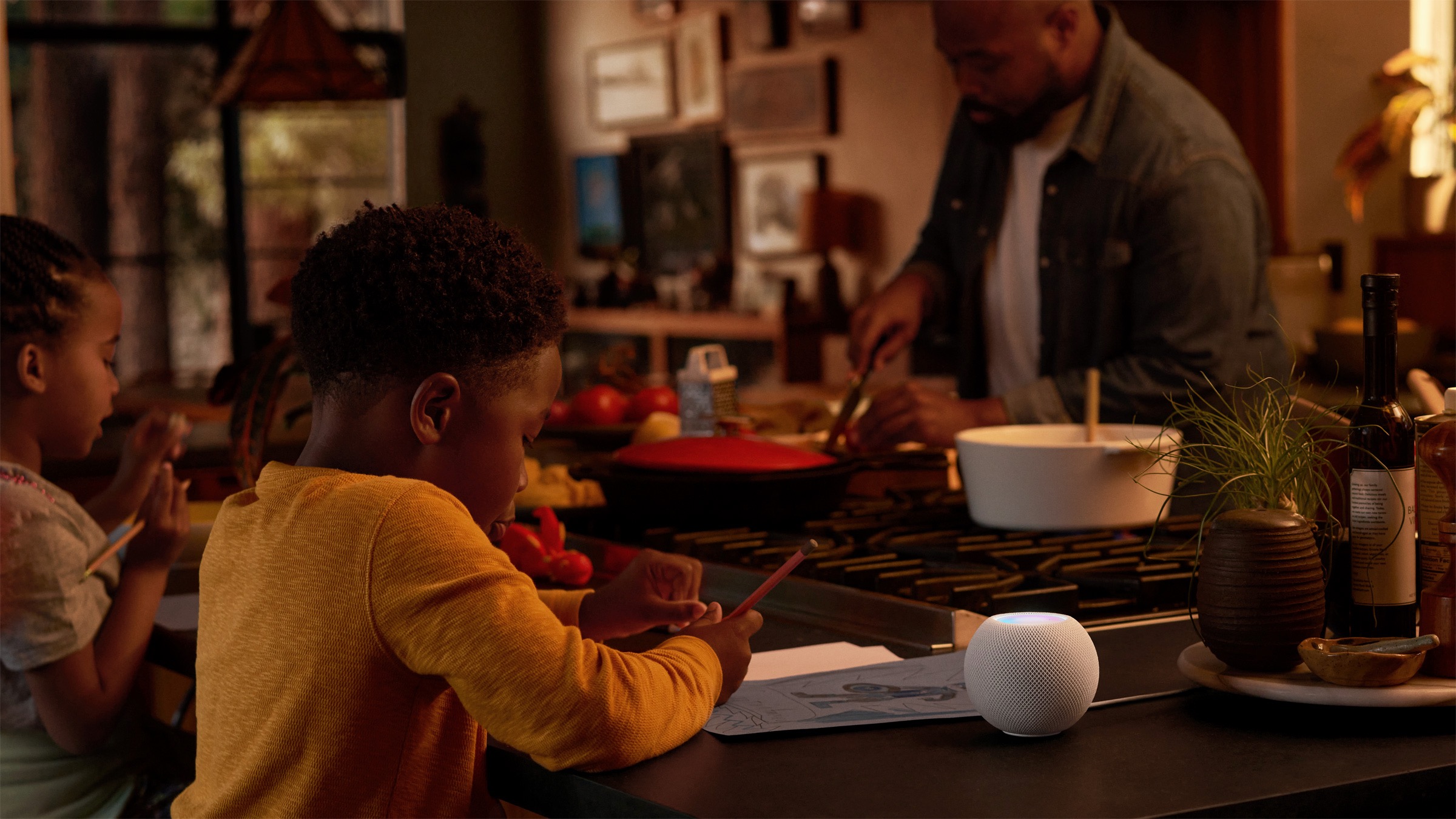
When unveiling the HomePod Mini, Apple promised "an audio experience unheard of at this size" – a bold claim considering the quality of several smaller smart speakers currently on the market. Considering the chutzpah of the statement, it's almost upsetting that Apple has emphatically delivered upon its claim.
From the moment you start playing music on the Mini, it becomes clear that it does indeed comfortably outperform its size and price. It goes much louder than expected – even 75 per cent volume is louder than we imagine most people will regularly want to go in an average-sized living room. But, no matter how much you push it, the HomePod Mini never shows any sign of strain. It’s clean and composed at all volumes.
While the Amazon Echo does produce deeper bass, the HomePod Mini doesn’t sound bass-light in its own right. In fact, it’s more solid and authoritative than a speaker this small has any right to be.
As an audio proposition, the Amazon Echo offers a reasonably well-timed, musically pleasing performance across the frequencies. It isn’t afraid to go low either – one of our gripes with the older Echo was an occasionally soft and ill-defined bass, and it feels as though Amazon has addressed this. Stream hip-hop and the new Echo comes into its own, brimming with full-bodied, textured lows. That said, at the other end there’s an extra injection of treble volume to be had in the older-gen model, even if there's slightly more detail in the newer one.
Of course, the upside of the slightly recessed treble in the new spherical Echo is that it handles tracks with greater refinement, where more energetic smart speakers (though not the HomePod mini, in our tests) can expose brightness or harshness in some recordings. On balance though, for us it is a mark against the new Echo that the treble is a little undercooked.
The Amazon Echo arrived in our test labs first and put in a decent audio performance, but the HomePod is better in every way other than bass depth. Crucially, it's more engaging and exciting to listen to, and if that isn't the whole point, we don't know what is.
**Winner** Apple HomePod Mini
Amazon Echo vs Apple HomePod Mini: verdict
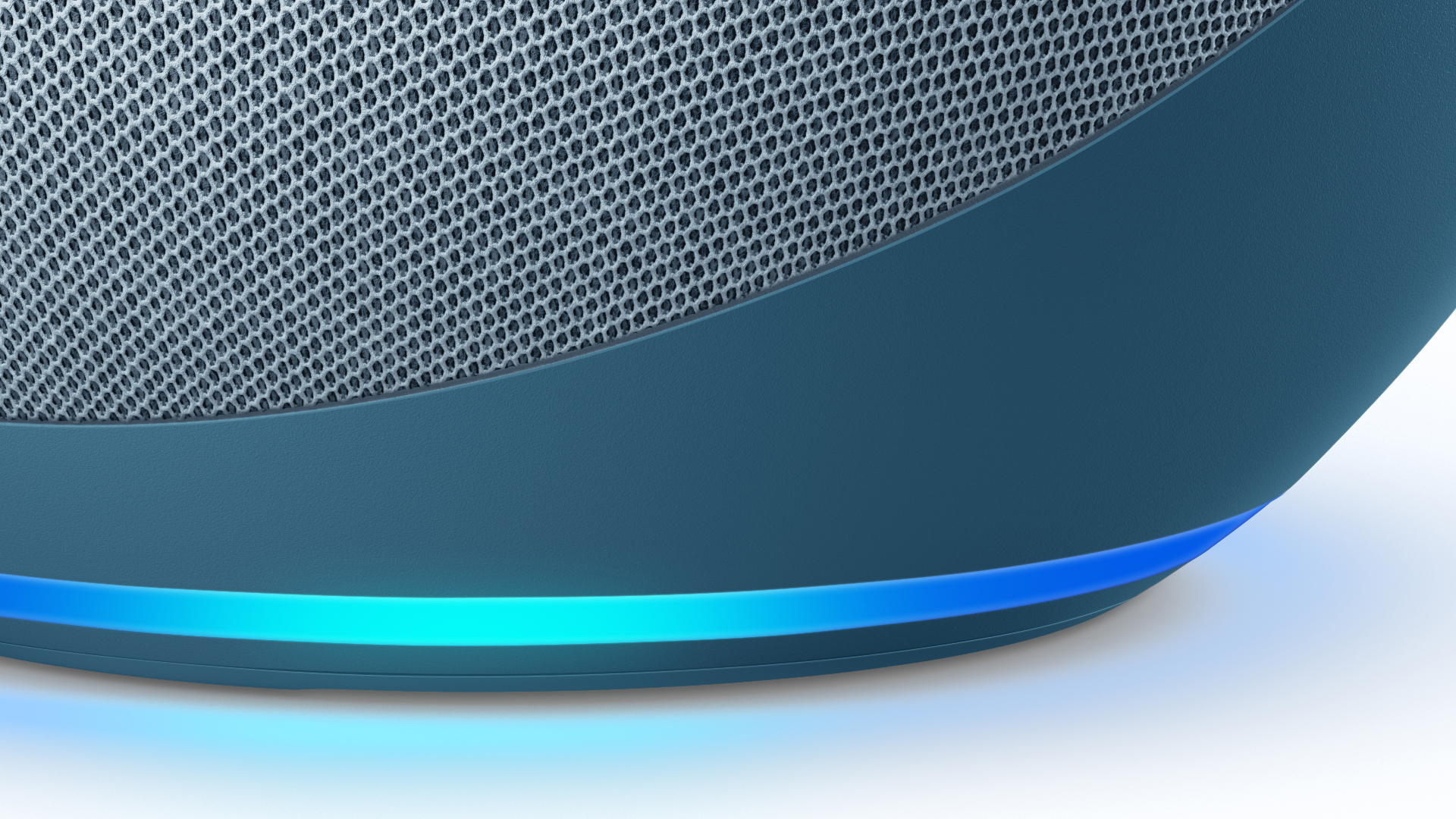
Anyone who's read our reviews of the all-new Apple Homepod Mini and the Amazon Echo 4th Generation will see that the HomePod Mini gained five stars, the Echo four. So, there's your answer, right? Not so fast.
For us, the classy design, Siri functionality and sound quality presented by the diminutive HomePod Mini surpass those offered by the Amazon Echo, but there are two caveats.
Firstly, if you don't own an iOS device – or you only have an old iPad that can't handle the latest software – you won't get far with the HomePod Mini. The HomePod Mini is decidedly picky here: you must own an Apple device and it must be updated to the latest software.
Secondly, if streaming music from third-party services such as Spotify over wi-fi is of importance, the Echo is the only one of the two smart speakers that can currently perform this task. If you operate a largely Android, Alexa-enabled home, the Echo is a natural choice over the HomePod Mini. As we mentioned when testing the Echo, it’s important to remember that as a smart home hub, the Echo is a good-value proposition and its sonic chops are a side feature rather than its raison d’etre.
That said (and if your household is already ensconced in Apple's ecosystem), for a speaker of its size and price, the HomePod Mini quite frankly embarrasses its direct competition with the sophistication and maturity of its sound. It’s also small enough to be placed in any room of your house or flat, laden with smart skills and has an uncanny ability to introduce you to new music you’ll love. All of which makes it a deeply impressive proposition indeed.
**Overall Winner** Apple HomePod Mini
MORE:
Browse our comprehensive list of the best smart speakers
More of an Amazon fan? Here are the best Alexa speakers around
Need the new iPhone? Here's where to pre-order the new iPhone 12 and 12 Pro
What Hi-Fi?, founded in 1976, is the world's leading independent guide to buying and owning hi-fi and home entertainment products. Our comprehensive tests help you buy the very best for your money, with our advice sections giving you step-by-step information on how to get even more from your music and movies. Everything is tested by our dedicated team of in-house reviewers in our custom-built test rooms in London, Reading and Bath. Our coveted five-star rating and Awards are recognised all over the world as the ultimate seal of approval, so you can buy with absolute confidence.

